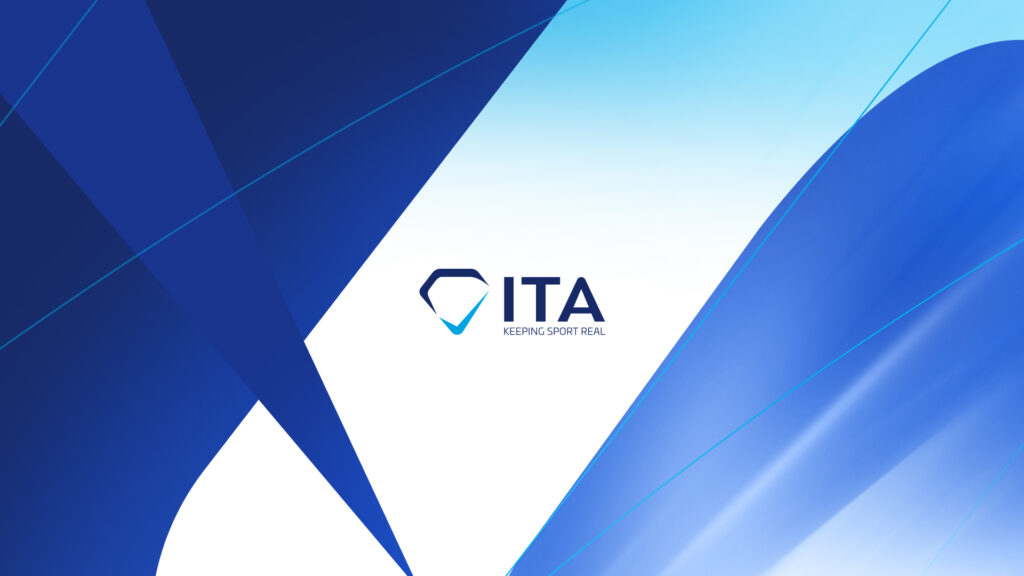Human growth hormone (hGH), a powerful peptide hormone, has been developed over several decades, first by extraction from cadavers and then by recombinant DNA technology, primarily to improve strength, power, and muscular endurance. It has been used in many sports and fields. It stimulates growth, cell regeneration, and regeneration, and is used medically as a prescription drug to treat certain growth disorders in children and growth hormone deficiency in adults. hGH has been banned for use in sport by international sports federations and the International Olympic Committee (IOC) since the late 1980s, and has been on the World Anti-Doping Agency's (WADA) prohibited list since it was first published in 2004. It has been.
Anti-doping efforts in the mid-2000s introduced direct detection methods based on growth hormone (GH) isoform-specific immunoassays, followed by the discovery of novel biomarkers of GH action captured by the GH-2000 test. I did. This biomarker-based approach, consisting of biomarkers such as insulin-like growth factor (IGF-1) and amino-terminal peptide of type III procollagen (P-III-NP), is more comprehensive for detecting GH doping. provides a comprehensive strategy. Introduced during the 2012 London Olympics, these improved detection methods highlight specific markers that are relatively stable within an individual, allowing growth hormone doping to be better detected. It also extends the time period for detecting the effects of growth hormone abuse, but this test relies on general population limitations and has low sensitivity due to large biological differences between people.
In August 2023, WADA introduced new Athlete Biological Passport (ABP) capabilities that include a new endocrine module, marking a major breakthrough in the detection of hGH abuse in sport. ABP is a tool used in anti-doping to monitor an athlete's biological markers over time to detect abnormal changes that may suggest doping. It helps improve fair play in sports by providing a more comprehensive and personalized approach to discovering substances and methods that improve performance. This newly introduced endocrine module is his third ABP module alongside the blood module and steroid module. This enables longitudinal and personalized profiling of hGH biomarkers and is expected to improve the sensitivity of hGH abuse detection, as an approach complementary to existing direct detection methods. New modules track changes in IGF-1, P-III-NP, and GH-2000 scores over time and provide insights into better testing strategies, focused athlete testing, and specialized analysis to uncover doping violations in sports. enable use.
In order to uphold the spirit of fair play and contribute to strengthening the fight against doping, the ITA, in cooperation with other anti-doping organizations and international sports federations such as the International Skating Federation, will develop key targets in the run-up to the 2024 Paris Olympics. Started a focused project. Union (ISU), Athletics Integrity Unit (AIU), French Doping Control Agency (AFLD), United States Anti-Doping Agency (USADA), United Kingdom Anti-Doping Agency (UKAD) and WADA have established an endocrine module and Establishing athlete profiles across sports and disciplines. The aim is to ensure that reliable interpretations of endocrine passports and athlete profiles can be established using samples provided by participating organizations.
“The work of anti-doping experts depends on the continued development of the tools and methods available to detect prohibited substances,” said Dr. Neil Robinson, ITA's Director of Scientific and Medical Affairs. Masu. “With the new ABP endocrine module, we now have new tools at our disposal that we must leverage to detect doping. , we need to work together to better understand how to monitor hGH biomarker levels in athletes' bodies over time and detect potential abuse. ITA is thrilled to be leading this collaborative effort. We would like to express our gratitude to all the organizations involved for their thoughtful and valuable contributions.”
Targeted testing will improve knowledge of the endocrine module's biomarkers and the potential for hGH abuse, as an expected first milestone towards the introduction of the endocrine module in the anti-doping programs of ITA's partner international federations. It is expected to result in improved interpretation of athlete profiles across sports. Important athletic benefits. Testing for athletes who have already qualified or could qualify for the Paris 2024 Games paves the way for a more comprehensive anti-doping program for the next Olympics. . In preparation for the 2024 Paris Games, ITA is working closely with the WADA-accredited Anti-Doping Laboratory (LADF) in Paris to strengthen measures against hGH abuse in Olympic competition. This collaborative effort is consistent with the ITA's commitment to ensuring the integrity of the sport and promoting the spirit of fair competition.


